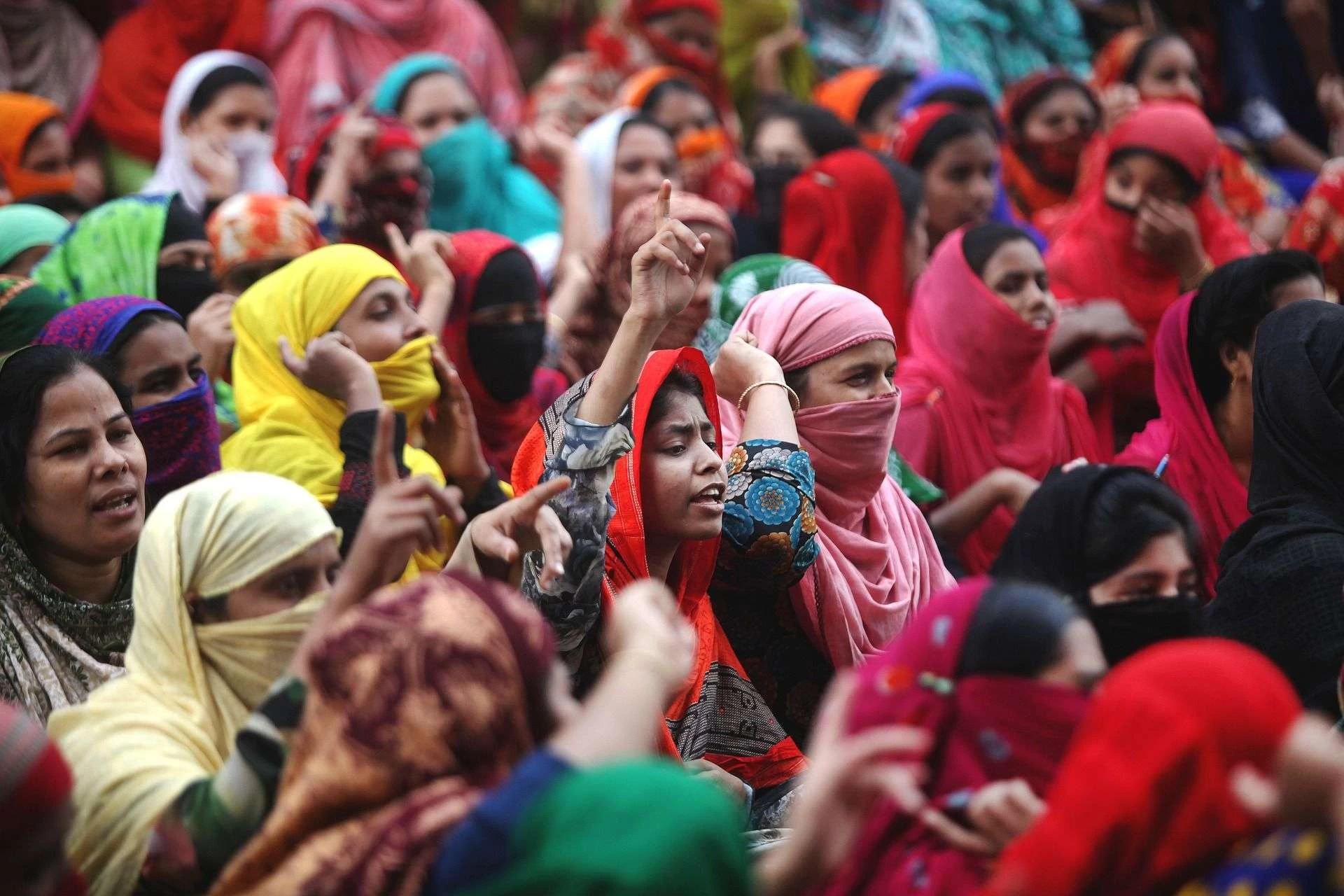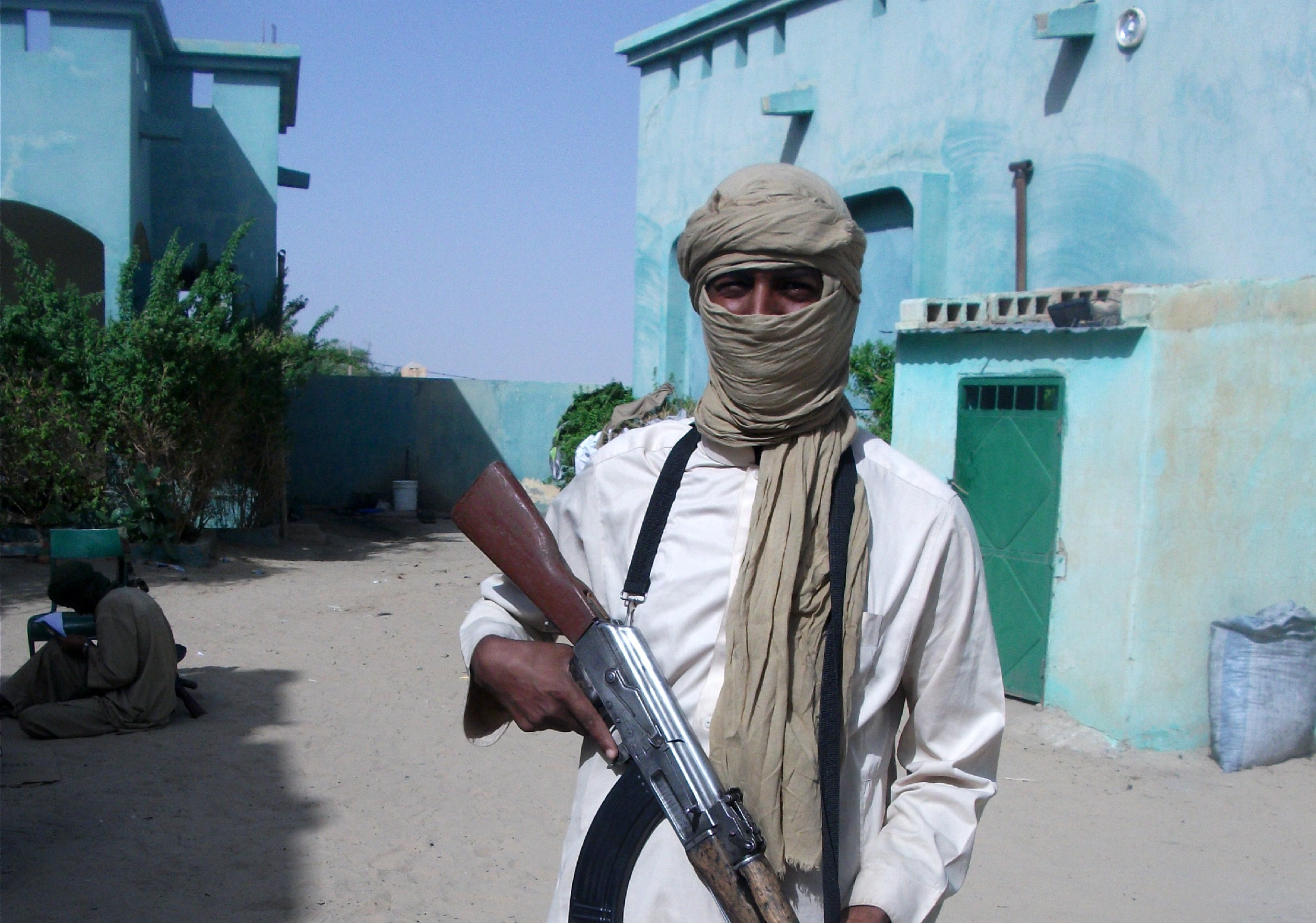Bhutan announced a nationwide lockdown on Tuesday. The decision is a measure to contain the spread of COVID-19 in the country.
This indefinite lockdown is put in place for the first time in the country since the pandemic. This would pause the transit movement between India and Bhutan.
A senior police officer at one of the Bengal districts, Alipurduar, assured of the necessary cooperation from the state of Bengal to the neighbouring Himalayan country.
Bilateral trade between India and Bhutan
The volume of trade between Bhutan and India surge past Rs 9,000 crore. 84% of Bhutan imports are from India and 78% of Bhutan exports enter into India.
Phuentsholing, the business capital of Bhutan, facilitates through itself two-third of the trade volume. Which makes Phuentsholing, situated on the other side of Jaigaon in Alipurduar district of Bengal, an important transit route in Bengal.
Impact of the indefinite Lockdown
Bhutan Goods, worth Rs 1,500 crore go through Bengal to other countries. “The lockdown and its impact on the movement of goods through the international borders will affect trade,” an exporter from Siliguri said.
Similarly, The lockdown would impact the trade as well. 500 goods truck that previously used to enter Bhutan from India have become 100 in a day during the past few months.
The administrative sources in Alipurduar have confirmed saying that the trucks have stopped coming through since Tuesday.
Reason for announcing the lockdown
In Bhutan, a Total of 113 cases exist out of which 97 have recovered while 16 remain active. However, the lockdown came about when a young woman of Gelephu returned from Kuwait on June 26. She moved around places while infected before she was quarantined in Paro for treatment.
Guidelines for lockdown
Additionally, a release issued by the office of the Prime Minister of Bhutan on Tuesday said, “The government enforces restrictions on the movement of people and vehicles. Within the dzongkhags (primary subdivisions of Bhutan) and beyond. Everyone is to stay home to protect themselves and their families from the disease.
Furthermore, all schools, educational institutions, offices, and commercial establishments will remain closed.





